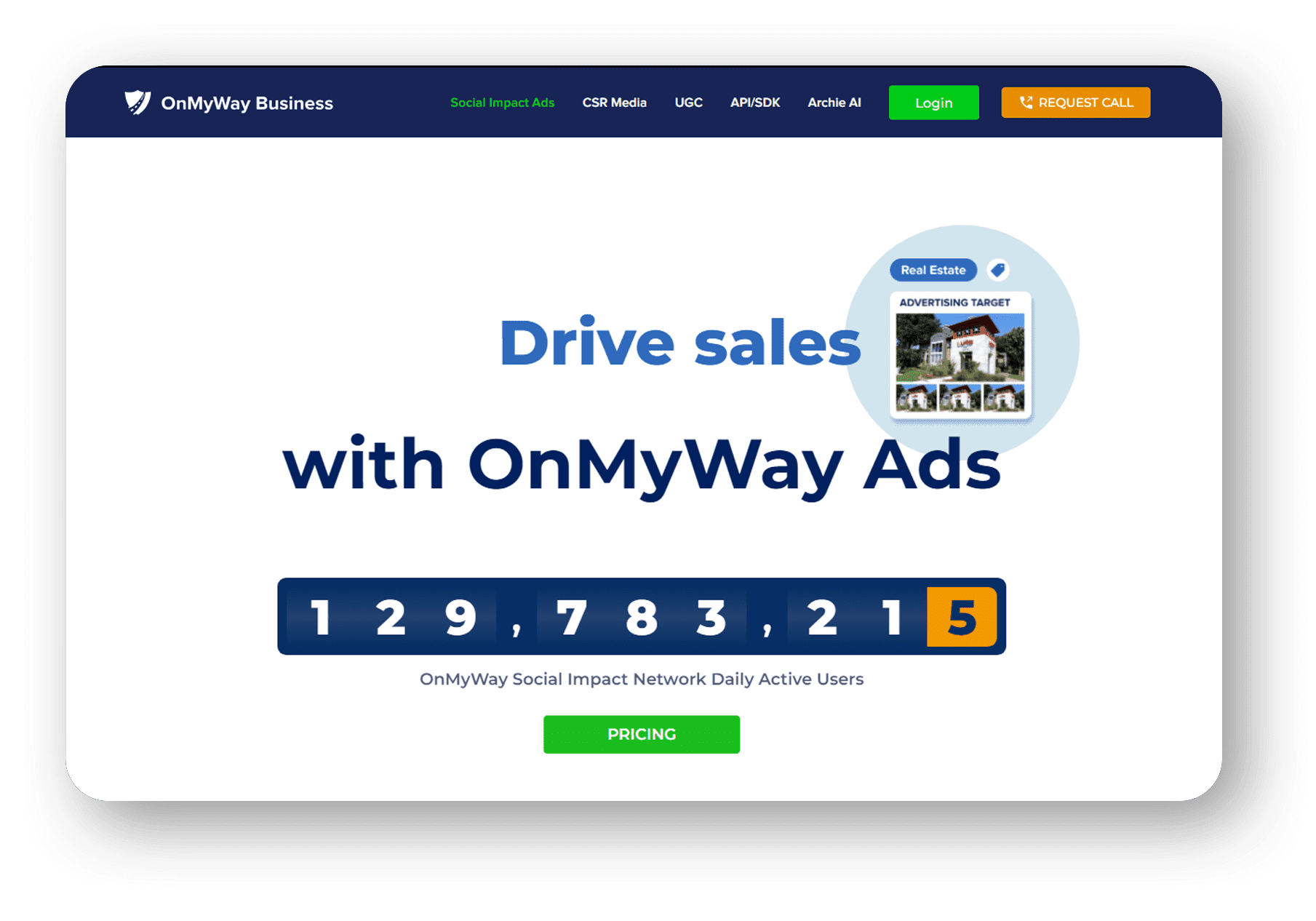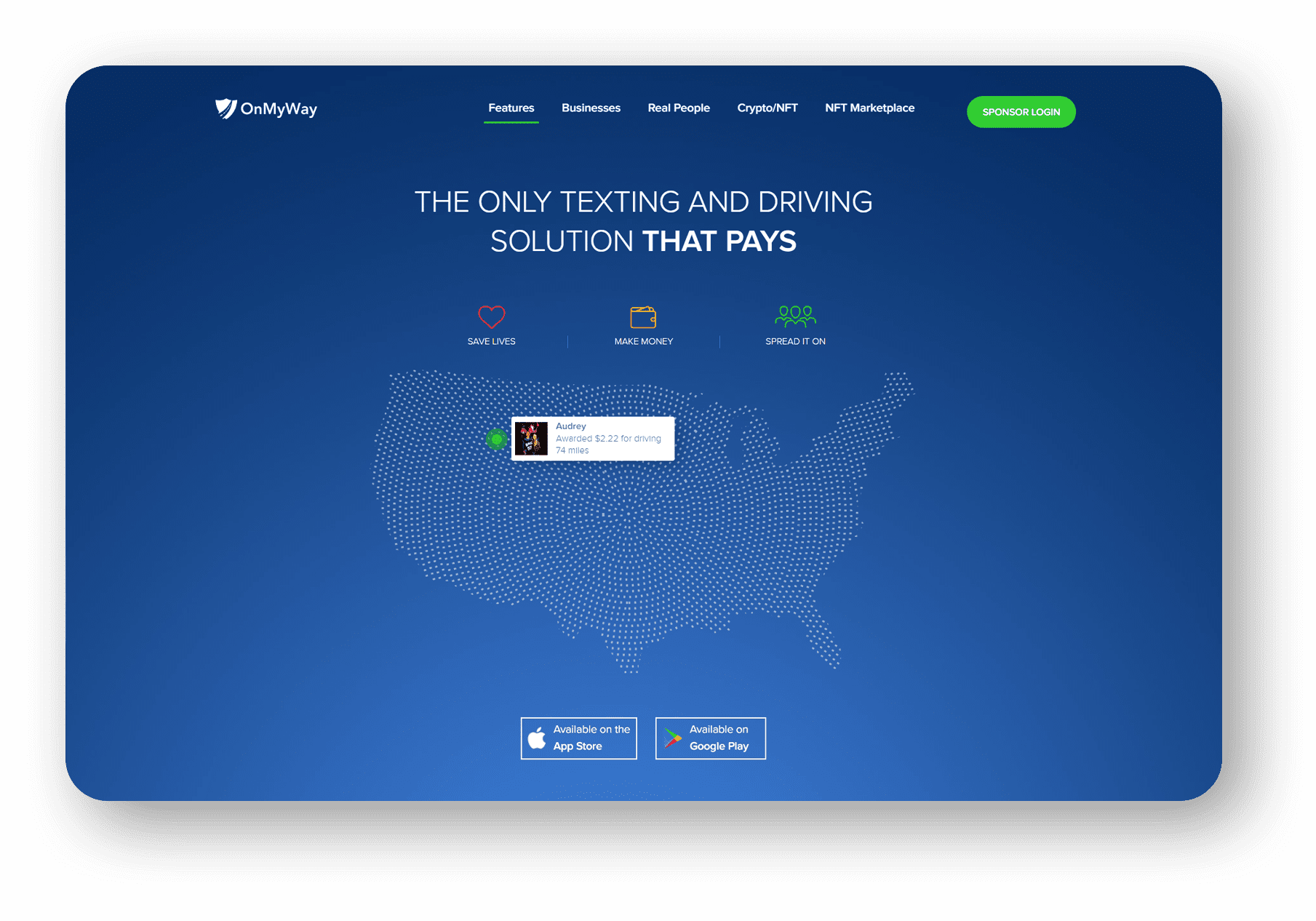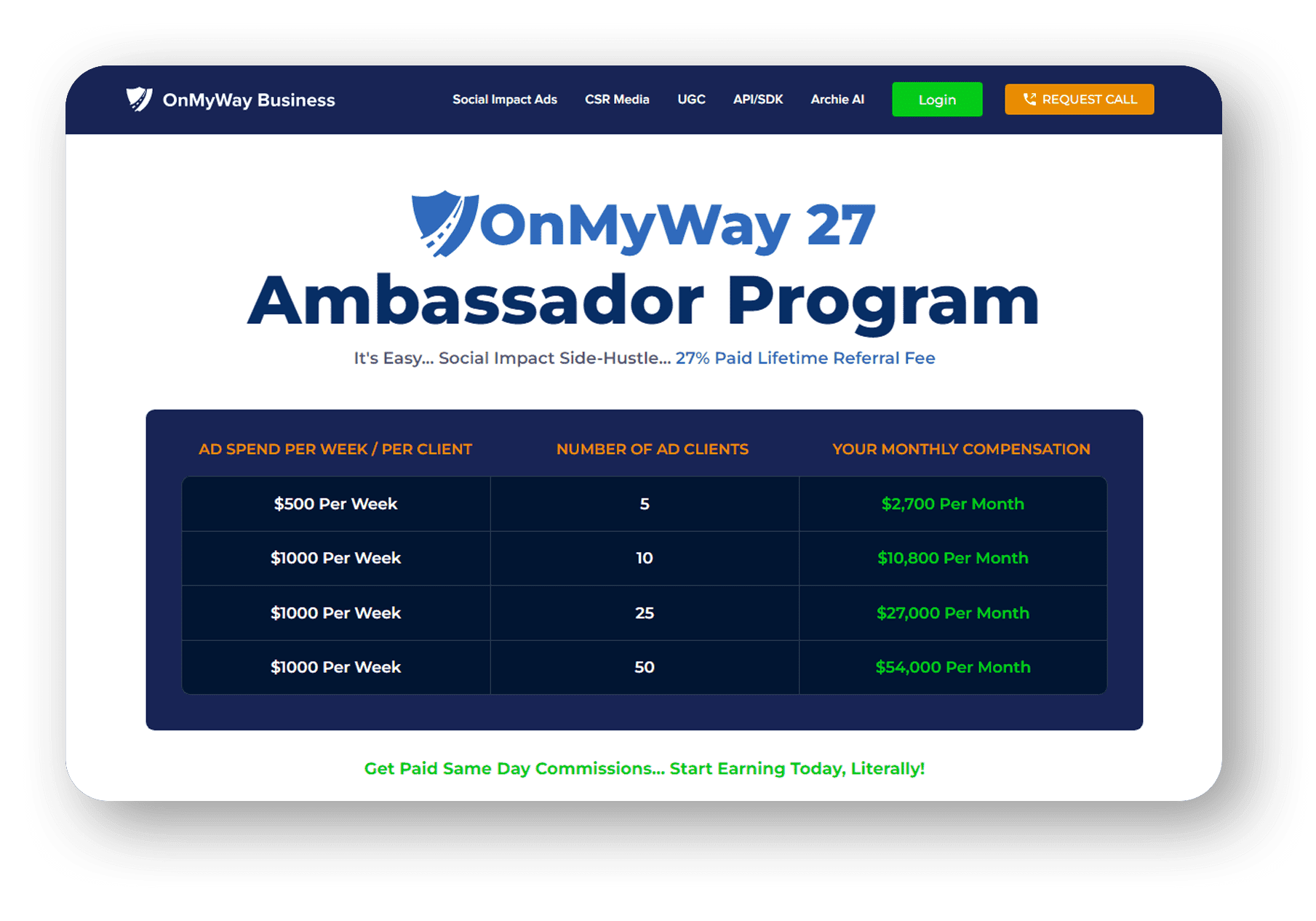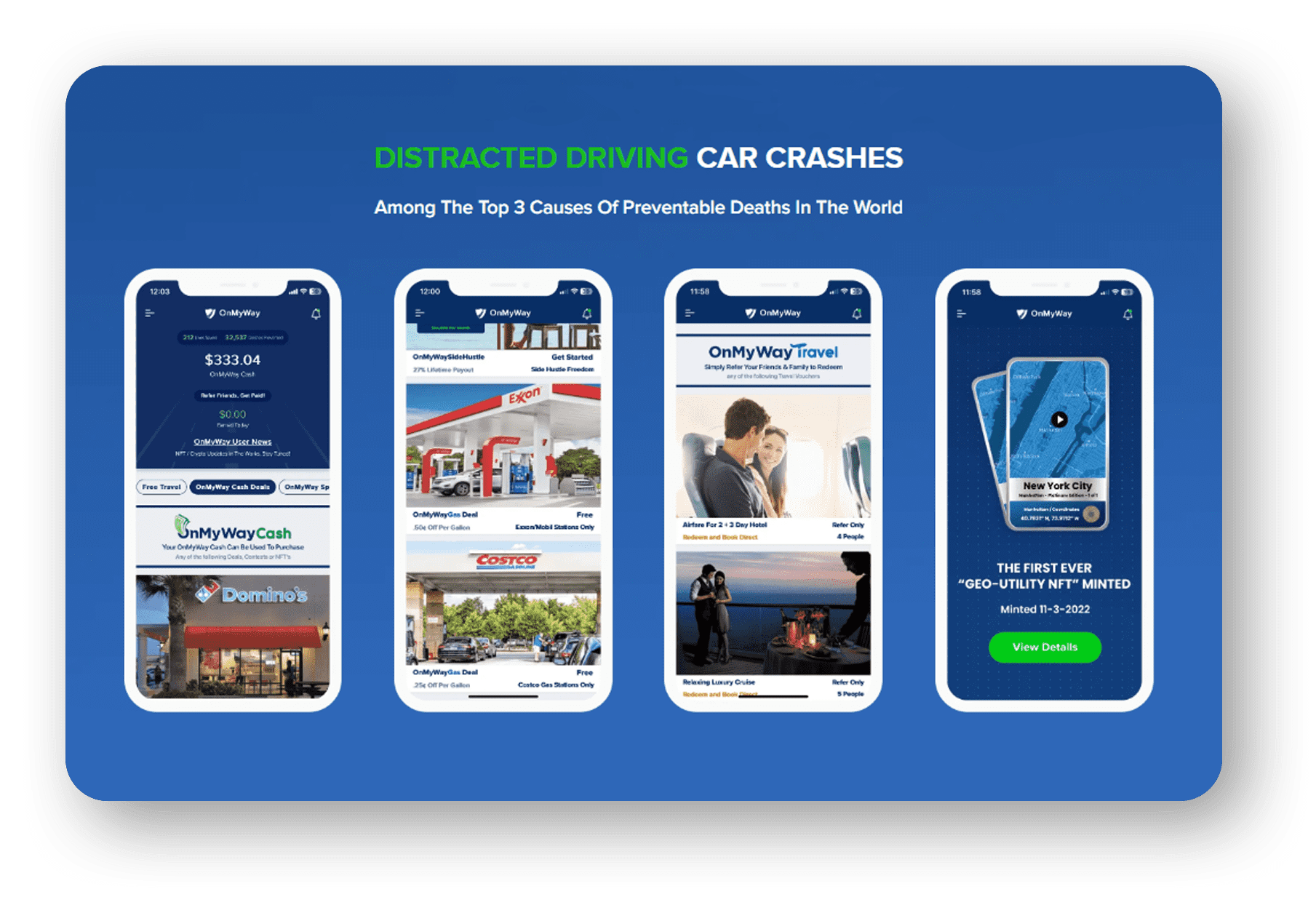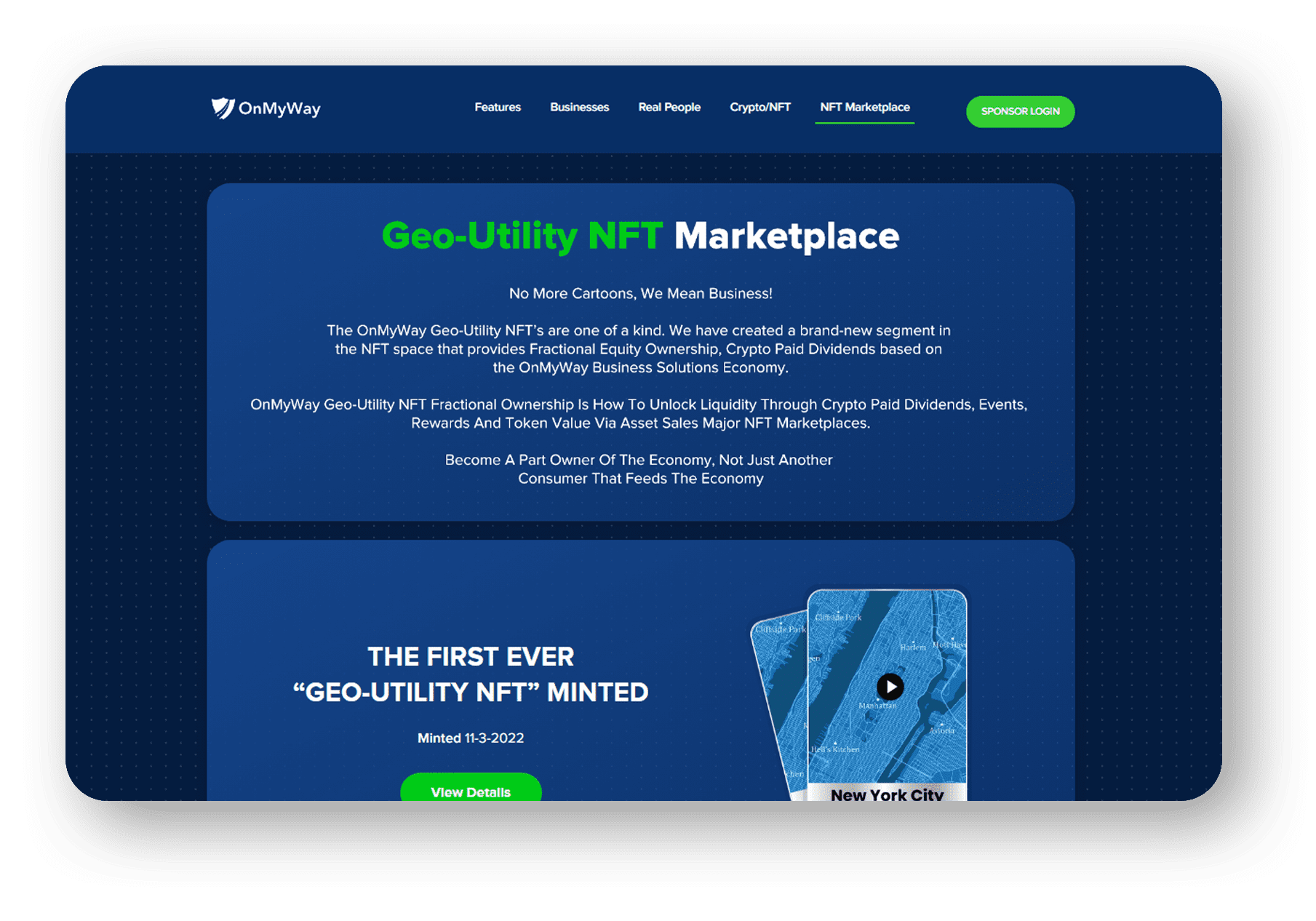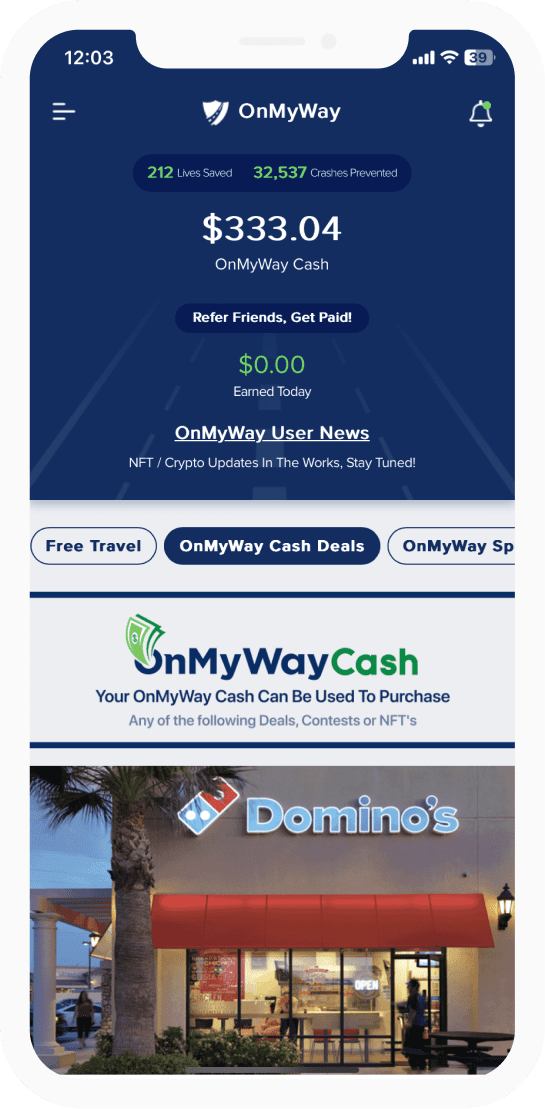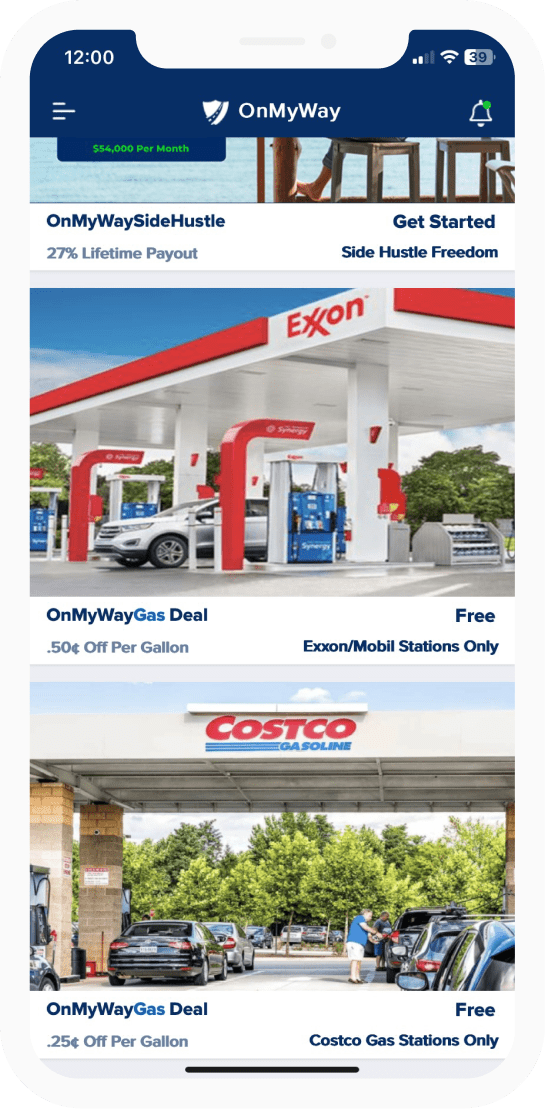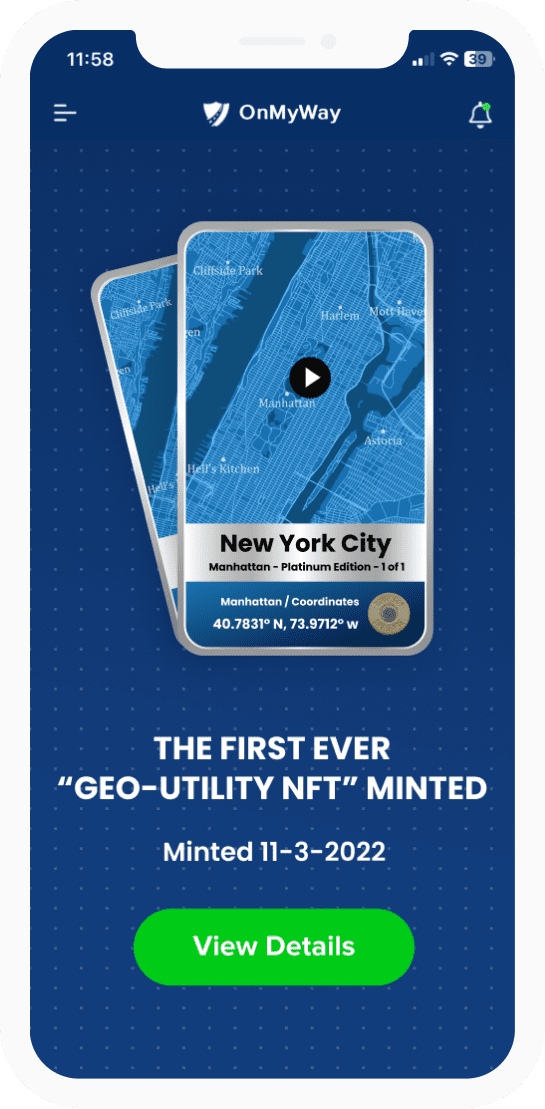
A 3.8 magnitude earthquake struck off the coast of Malibu Sunday morning, according to the U.S. Geological Survey.
The quake struck around 2:30 a.m. at a depth of about 18 miles. It was originally classified as a 4.1 magnitude but was quickly downgraded.
There have been no reports of injuries or damage, but the shaking was reported to be felt as far as the San Fernando Valley and Long Beach.
According to the U.S. Geological Survey, the quake was reported a little before 2:30 a.m. about 13.5 miles south of Malibu.
Southern California gets about 10,000 earthquakes a year; most not felt
Southern California has about 10,000 earthquakes each year, the USGS said on its website.
“Most of them are so small that they are not felt,” the USGS said. “Only several hundred are greater than magnitude 3.0, and only about 15-20 are greater than magnitude 4.0.”
5.5 magnitude earthquake in Northern California in May
In May, a 5.5 magnitude earthquake shook Northern California. People reported feeling the earthquake across several counties, including Sacramento, Placer, El Dorado, San Joaquin, Solano, Colusa, Nevada, Yolo and Butte counties.
The December 20, 2022, quake – which left two people dead and forced hundreds out of their homes – ripped McIntosh’s house off its foundation and shifted it 22 inches to the east, leaving it unlivable, McIntosh said.
Their house was red-tagged – that is, deemed too dangerous to live in by inspectors. Six months later, McIntosh is still paying a mortgage on a house that would cost an estimated $150,000 to fix out of pocket.
“It’s not worth anything,” said McIntosh, who had just found a buyer for their home when the jolt hit. “Now I literally have a giant lawn ornament that’s going to bankrupt me.”
The McIntoshes are among hundreds still dealing with the aftermath of the earthquake in Rio Dell. They and others in the city are also among the millions of Californians who don’t have earthquake insurance to help cover repairs, and among the hundreds of thousands who were living in older homes that have not been retrofitted to meet current seismic building codes.
A whopping 90% of homes in California aren’t covered by earthquake insurance, according to Glenn Pomeroy, CEO of the California Earthquake Authority, a nonprofit quake insurer established by the state.
It’s a risk many Californians take in some of the most expensive housing markets in the US even though they’re living on a web of active fault lines.
“We do understand that a large-scale earthquake in one of our populated areas is the largest threat we face in the state,” Brian Ferguson, spokesman for the California Governor’s Office of Emergency Services. “It’s not a wildfire, or even a flood as we saw recently. We know that the greatest risk here in California is a significant earthquake in a population center.”
When a disaster isn’t declared as one
Rio Dell is in the most seismically active part of California, near the Mendocino Triple Junction, an offshore spot where three tectonic plates meet near Cape Mendocino in Northern California.
The city was left with more than $30 million in damages after the December quake mangled the water distribution system, ripped roads open and damaged about one out of every five homes, city manager Knopp said.
Compounding Rio Dell’s misery was a second significant earthquake of magnitude 5.4 on New Year’s Day.
In Rio Dell alone, the two quakes displaced up to 300 people and left 125 dwelling units red-tagged, and even more yellow-tagged, or moderately damaged, according to Knopp.
But the quakes were not a federally declared disaster – meaning no federal grants were available to residents to help them fix their homes, he said.
The reasons are complicated: FEMA says California didn’t request an emergency declaration in this case. The governor’s emergency services office said it didn’t request one because the “disaster did not meet the federal requirements for an emergency declaration,” but added it has been working closely with local officials on maximizing aid available through state programs.
FEMA says it considers several factors when deciding whether a state’s emergency request should be approved, including by determining the disaster’s severity. It does this partly by considering the damage and the population’s size to see if the cost of aid meets per-capita thresholds.
“If this same event had occurred in Montecito, Beverly Hills or Malibu, it would have been federally declared practically overnight because of the number of the dollar value,” Knopp said.
Without insurance, many whose homes were deemed unlivable were left to face repair costs by themselves or take out loans to make fixes.
The damage is something Rio Dell Water Superintendent Randy Jensen knows both personally and professionally.
When the December quake jolted him awake, Jensen’s first instinct was to ignore the damage to his own home and rush to the city’s water storage tanks to make sure they weren’t leaking.
He hurried past his toppled belongings and shattered aquariums that had fallen to the ground with his beloved fish inside, sending water gushing down his stairwell.
“I had cuts on my knees from going through the house. I didn’t realize until hours later,” Jensen said.
Jensen was confronted with broken pipes and helped make the decision to shut off water in the town as he gathered with other officials in the early morning. In the back of his mind, he worried about his home after living through the most violent quake he’s ever experienced.
The next day, Jensen realized the damage to his home was severe. The house, which was built in 1962, was nearly split into two pieces as it slid off its foundation and walls buckled.
OVERVIEW
OnMyWay Is The #1 Distracted Driving Mobile App In The Nation!
OnMyWay, based in Charleston, SC, The Only Mobile App That Pays its Users Not to Text and Drive.
The #1 cause of death among young adults ages 16-27 is Car Accidents, with the majority related to Distracted Driving.
OnMyWay’s mission is to reverse this epidemic through positive rewards. Users get paid for every mile they do not text and drive and can refer their friends to get compensated for them as well.
The money earned can then be used for Cash Cards, Gift Cards, Travel Deals and Much, Much More….
The company also makes it a point to let users know that OnMyWay does NOT sell users data and only tracks them for purposes of providing a better experience while using the app.
The OnMyWay app is free to download and is currently available on both the App Store for iPhones and Google Play for Android @ OnMyWay; Drive Safe, Get Paid.
Download App Now – https://r.onmyway.com
Sponsors and advertisers can contact the company directly through their website @ www.onmyway.com



